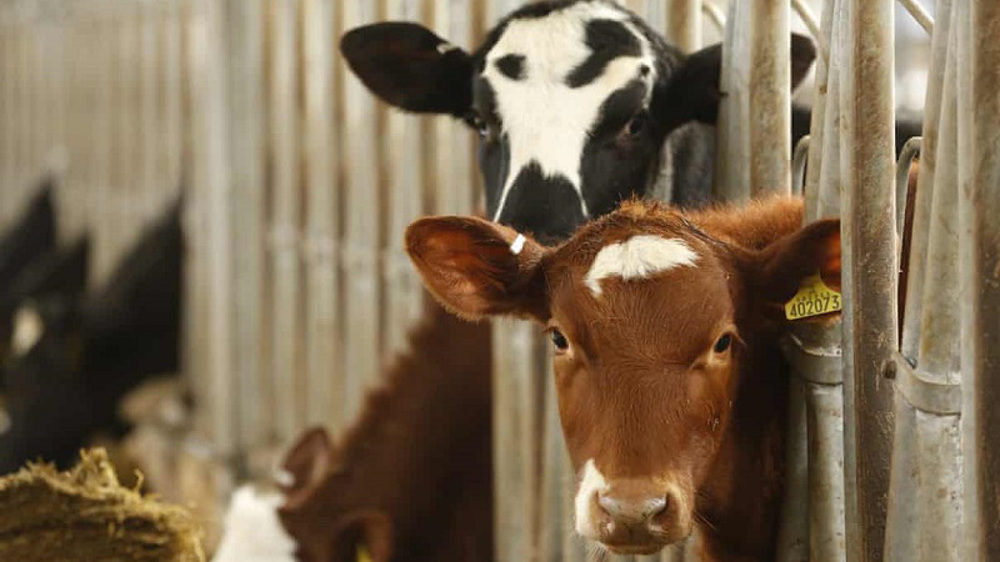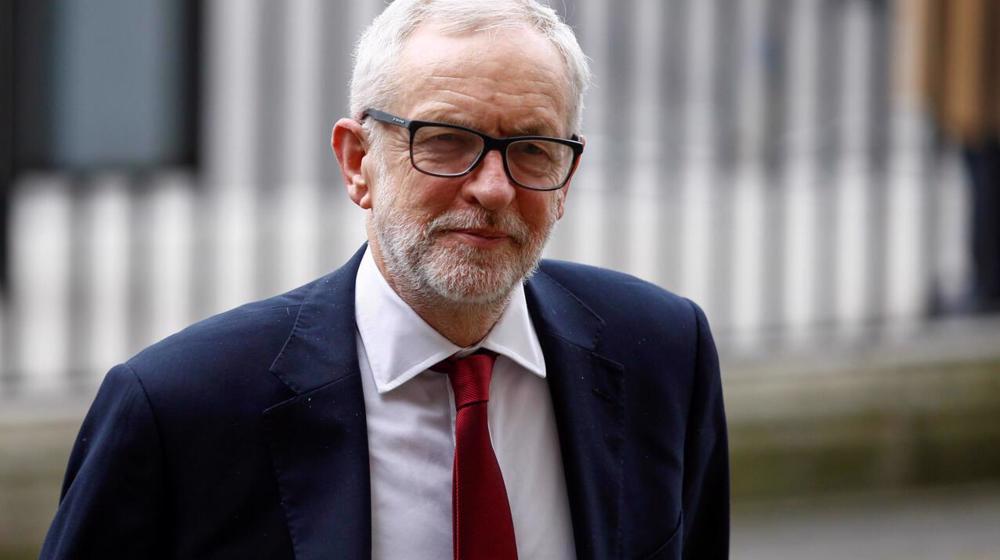UK government should protect food standards in post Brexit trade bill
The government is being pressed by a National Farmers Union led alliance of organizations to honour its manifesto pledge not to undermine food standards with low-quality imports in a post-Brexit trade policy.
The alliance includes farmers, environmentalists and consumer groups.
UK farmers and producers are particularly concerned about the potential import of chlorinated chicken, eggs and hormone-injected beef from the US.
While the agriculture bill is on its way to the Lords for a second reading, the NFU-led alliance say they want the government to ensure that any future trade policy ensures goods imported under a free trade agreement are produced to as high or higher standards of animal welfare, environmental protection, food hygiene and plant health, as are currently applied under UK law.
Minette Batters, president of the NFU, said a commitment had to be written into law safeguarding British farmers and food producers from the damaging impact of importing food that would be illegal to produce in the UK.
“Our trade policy must reflect our moral responsibilities to the planet and the people and creatures that live on it – protecting our natural environment, caring for our farmed animals, and working toward a more sustainable, climate-friendly way of farming and food production,” she said. “These are issues that cannot be wished away or presumed dealt with by brief pledges in a manifesto or verbal assurances in media interviews.
“We are at a make-or-break moment for British farming. We have the chance to become a global leader in climate-friendly farming, and neither farmers nor the public want to see that ambition fall by the wayside because our trade policy does not hold food imports to the same standards as are expected of our own farmers.”
Trade agreements that did not prevent cheaper, lower-quality imports would harm both citizens and UK farmers, who would be undercut and at risk of going out of business, according to Anna Taylor, executive director of the charity Food Foundation.
“We must support the health of our citizens and the viability of our farming sector by putting a requirement for imported food to meet our high standards in legislation,” she said.
While still a member of the EU, imports to the UK were limited to those that complied with strict standards of food and hygiene, animal welfare and environmental standards.
Despite Michael Gove having recently declared that the UK would adhere to its standards on animal welfare, which would be closer to the EU’s than to US benchmarks, amendments to ensure that imports are of similar or higher standards were rejected by 328 to 277 votes by MPs last week.
Sue Davies, head of consumer protection and food policy at Which?, said research has shown that British consumers value the UK’s high food standards and believe imports produced to an inferior standard should not be allowed in the UK.
“The government has made promises to protect food standards, but these commitments must be enshrined in legislation so consumers can have confidence that they won’t be traded away,” she said.
The National Trust, an independent charity and membership organisation for environmental and heritage conservation in England, Wales and Northern Ireland, said they would be working with others across the environmental and farming sector to see how these changes might be made during the Lords stages of the agriculture bill.
Patrick Begg, director of natural resources at the National Trust, said: “As we move towards a more environmentally sustainable system at home, it’s essential that this long-overdue move is not undermined by food imports that don’t meet UK standards. This would undermine our world-leading farming sector and jeopardise our new environmental ambitions, all while expanding our global environmental footprint.
“The bill should therefore be amended to provide safeguards against this.”
'Capitulation': Israeli officials and media concede Gaza defeat as truce unfolds
'Gaza has won': Social media users react to ceasefire with mix of relief, joy
Iran seeks South Korea’s assistance for AI, fiber-optic projects
VIDEO | Iran's 'Eqtedar' (Power) maneuver
Israel hits HTS military target in Syria for 1st time since fall of Assad
VIDEO | Press TV's news headlines
Israel has slaughtered 13,000 students in Gaza, West Bank
VIDEO | More Zionist than Zionists: Biden’s legacy to be defined by Gaza genocide













 This makes it easy to access the Press TV website
This makes it easy to access the Press TV website